Advanced ColdFusion Caching Strategies: Query, Object & Page-Level Techniques
Published by: Karthika SJul 01, 2025Blog
46% of ColdFusion applications suffer from preventable performance bottlenecks--often resolved by strategic caching. With databases consuming 70% of request time in dynamic apps, implementing query, object, and page-level caching can slash page loads by 66% and reduce server costs by 40%. This guide delivers actionable techniques to transform legacy ColdFusion systems into high-performance engines, whether you're maintaining CF2018 or upgrading to CF2025.
ColdFusion's built-in caching mechanisms reduce database trips, CPU strain, and memory leaks. Key impacts:
- Query Optimization: Caching frequent database results cuts query execution by 80%.
- Scalability: Page-level caching handles 5x more concurrent users without hardware upgrades.
- Cost Efficiency: Reduce cloud hosting costs by 30-50% via lower resource consumption.
- For enterprises using legacy ColdFusion systems, caching bridges the gap during modernization to CF2025 or Node.js migration.
Level 1: Query Caching - Smart Database Offloading
How It Works
Store frequent query results in RAM using cachedWithin. ColdFusion serves subsequent identical requests from memory instead of hitting the database.
Implementation
<cfquery name="getProducts" datasource="inventory" cachedWithin="#createTimeSpan(0, 4, 0, 0)#">
SELECT * FROM products WHERE stock > 0
</cfquery>
Pro Tips
- Dynamic Queries: Use
cfqueryparam to prevent cache fragmentation: - Eviction Control: Increase the default 100-query cache limit in CF Admin → Caching → "Maximum number of cached queries" (set to 1,000+ for high-traffic apps).
- Monitor: Use FusionReactor to track cache hit ratios and memory usage.
Level 2: Object Caching - Granular Data Control
Techniques
A) ORM Caching
For Hibernate-based apps, enable secondary caching in Application.cfc:
this.ormsettings = {
secondarycacheenabled = true,
cacheprovider = "ehcache",
cacheconfig = "/config/ehcache.xml"
};
Then annotate entities:
<cfcomponent persistent="true" cacheuse="read-only" cachename="productCatalog">
``` :cite[1]
#### B) **Programmatic Caching**
Cache computed data (e.g., API responses):
```coldfusion
<cfscript>
// Store data for 1 hour
cachePut("userProfile_#userId#", userData, createTimeSpan(0,1,0,0));
// Retrieve
profile = cacheGet("userProfile_#userId#");
</cfscript>
``` :cite[7]
### Advanced Tactics
- **Cache Regions**: Isolate volatile data (e.g., inventory) from stable data (e.g., countries):
```coldfusion
cacheRegionNew("inventory", {timeToIdleSeconds: 1800});
cachePut(id="stockData", value=stockQry, region="inventory");
``` :cite[7]
- **Engines**: Swap Ehcache for Redis in distributed environments (ColdFusion Enterprise only):
```coldfusion
this.cache.engine = "redis"; // In Application.cfc
``` :cite[7]
---
## Level 3: Page-Level Caching - Full-Page Acceleration
### Methods
#### A) **Entire Page Caching**
Cache entire pages with `cfcache`:
```coldfusion
<cfcache action="cache" timespan="#createTimeSpan(0,0,10,0)#">
<!--- Page content --->
</cfcache>
B) Fragment Caching
Cache reusable components (e.g., headers):
<cfcache action="cache" timespan="#createTimeSpan(1,0,0,0)#">
<cfinclude template="header.cfm">
</cfcache>
``` :cite[4]
### Flush Strategies
Automatically purge cache on data changes:
```coldfusion
<!--- After product update --->
<cfcache action="flush" expireURL="product.cfm?id=*">
Advanced: Cache Engine Tuning
ColdFusion 2025 supports four engines:

Critical: Use cacheGetProperties() to validate configurations.
FAQs
Q: How long should I cache queries vs. pages?
A:
- Queries: Cache 1-24 hours for semi-static data (e.g., product catalogs).
- Pages: Cache 2-10 minutes for dynamic content (e.g., dashboards).
- Objects: Cache indefinitely with manual eviction for user profiles.
Q: Does caching increase memory risks?
A: Yes, but mitigations include:
- Monitor heap usage via FusionReactor.
- Set
maxElementsInMemory in ehcache.xml. - Use disk overflow (
overflowToDisk="true").
A: Consider Experts if you need:
- Legacy app modernization for CF2025.
- Redis clustering for multi-server deployments.
- Cache strategy audits (e.g.,
cacheGetAllIds() analysis).
WHERE categoryID = <cfqueryparam value="#url.category#" cfsqltype="cf_sql_integer">
``` :cite[8]
Get a Free Migration Audit - Our Node.js & CF experts will analyze your app in 72 hours.

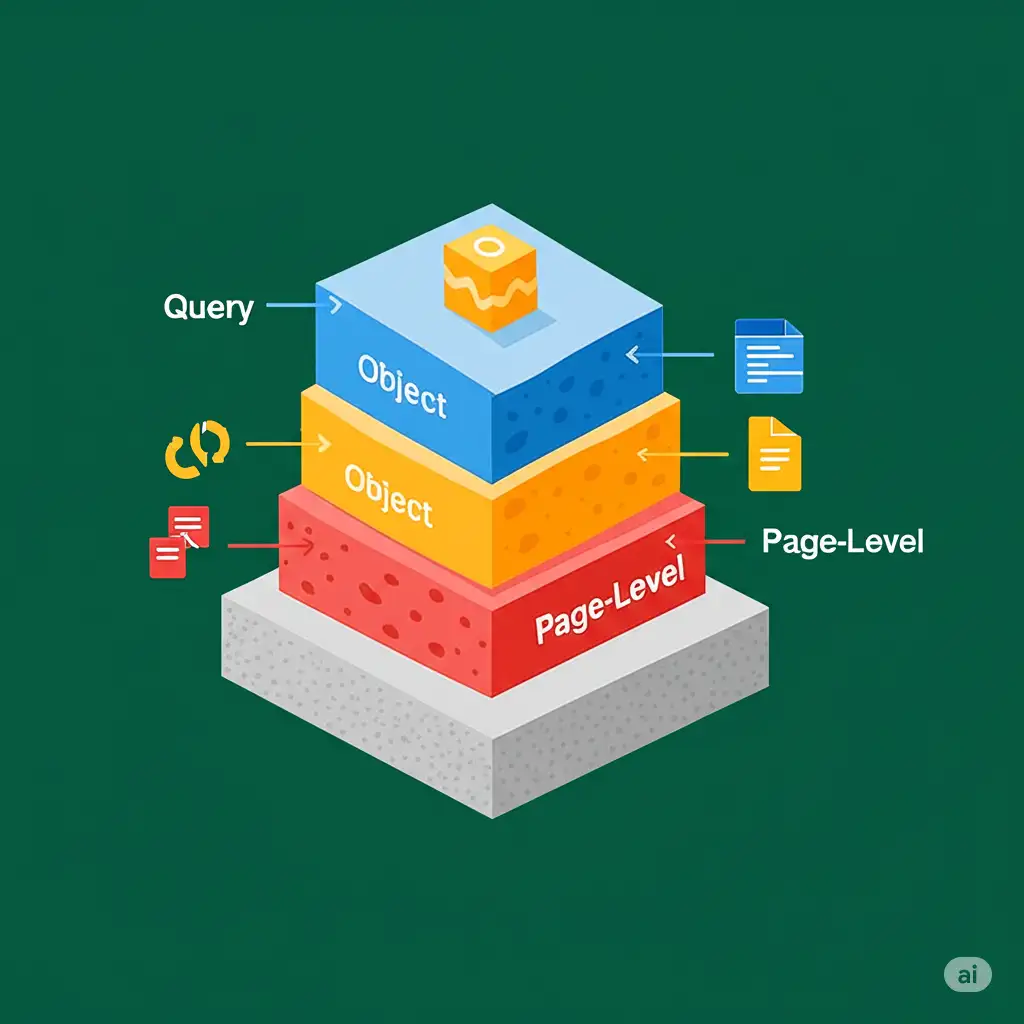
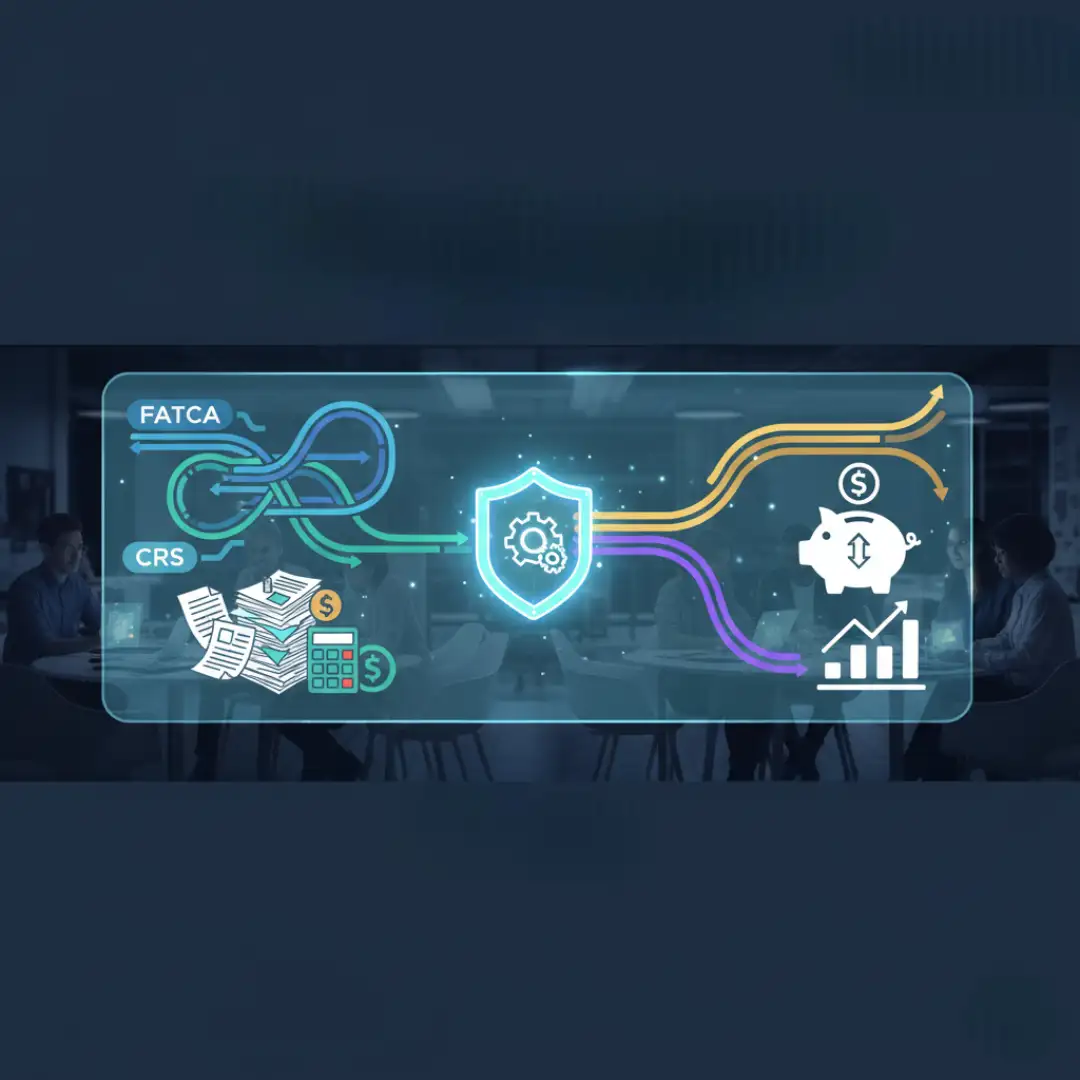 How RegTech Reduces Compliance....
How RegTech Reduces Compliance....
 How to Build an MVP for Startu....
How to Build an MVP for Startu....
 The Future of AI in Software D....
The Future of AI in Software D....
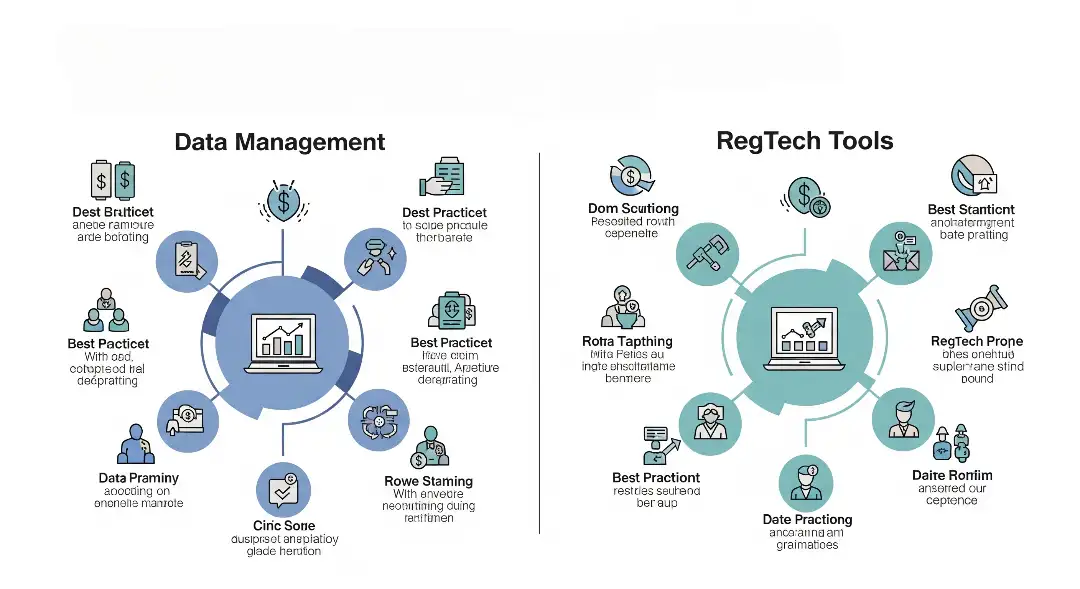 Best Practices for FATCA & CRS....
Best Practices for FATCA & CRS....
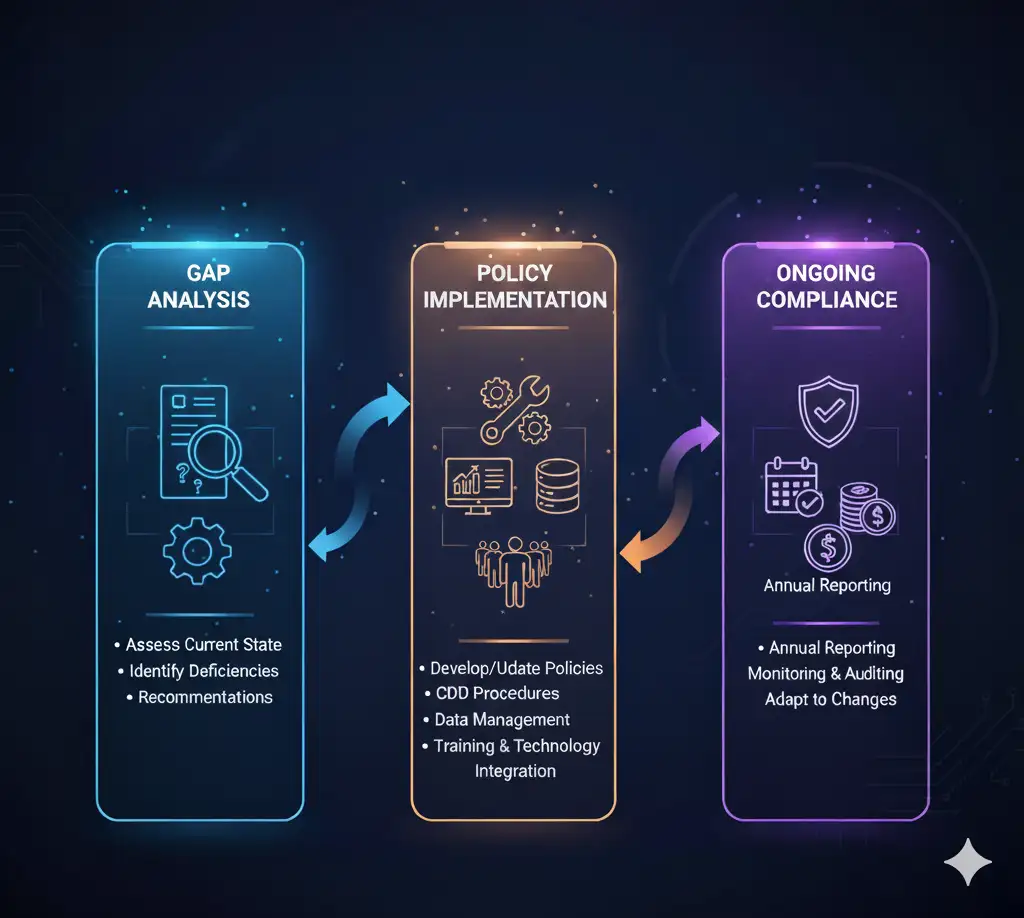 End-to-End FATCA and CRS Compl....
End-to-End FATCA and CRS Compl....


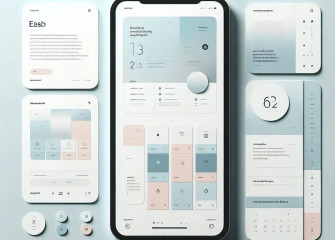
Your Trusted Software Development Company